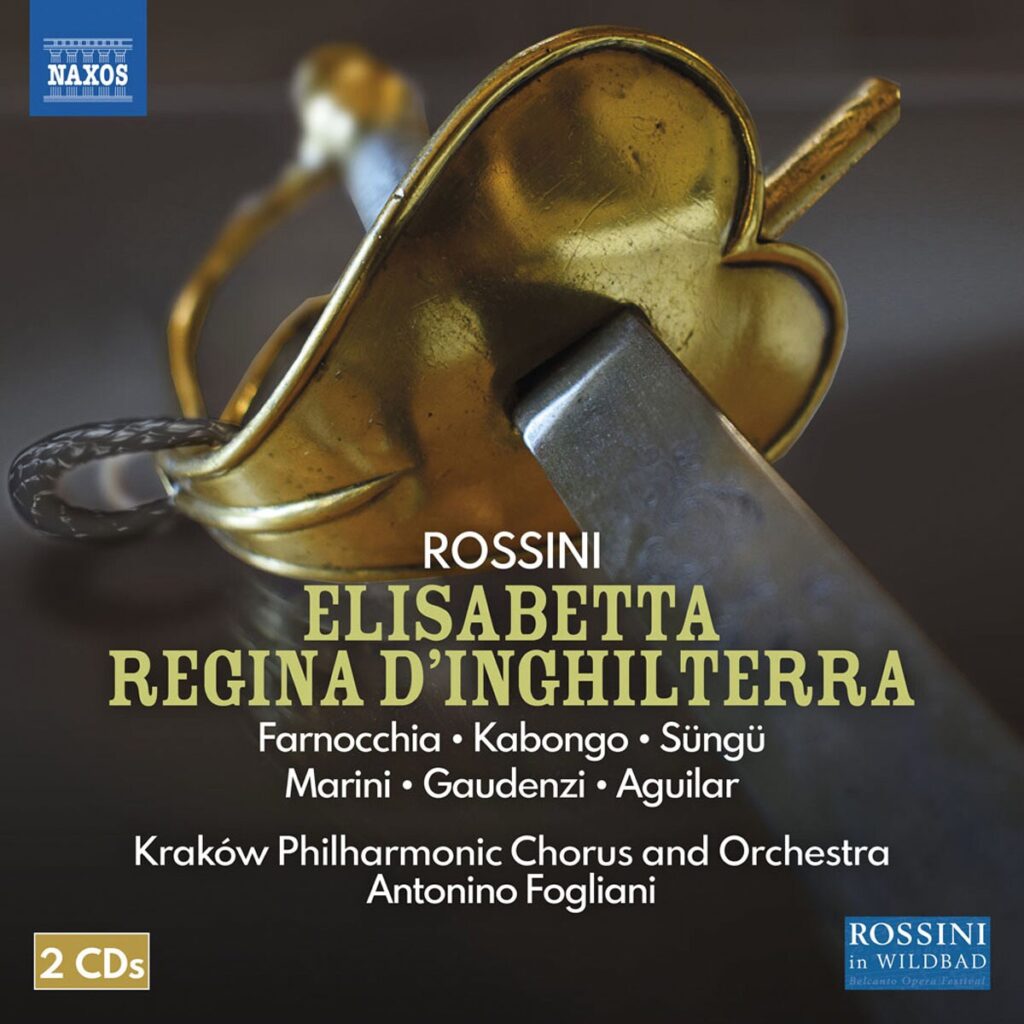Rossini’s “Elisabetta, Regina d’Inghilterra”
Triumphs and Turbulence Unveiled
Rossini’s “Elisabetta, regina d’Inghilterra,” conducted by Antonino Fogliani, captured live in a 2021 production at Rossini in Wildbad and recorded in Kraków, offers a mixed bag of musical triumphs and pitfalls. This opera marks a pivotal moment in Rossini’s career, as the young composer transitioned from revolutionizing opera buffa to bringing his innovative touch to opera seria.
The narrative, drawn from Sophia Lee’s Gothic novel “The Recess,” revolves around the ill-fated marriage of Elizabeth’s favorite soldier, the Earl of Leicester, to a young Scotswoman, unraveling a web of political intrigue and rivalry. Rossini’s adaptation, which premiered in Naples in 1815, seamlessly blends classical order with Romantic elements, presenting a delicate balance that demands precise execution.
The cast, led by Serena Farnocchia as Elisabetta, delivers commendable performances. While Farnocchia may not match the iconic presence of Montserrat Caballé from the 1975 Philips recording, she navigates the role with seasoned expertise. Congolese tenor Patrick Kabongo shines as Leicester, offering a portrayal that stands alongside renowned interpretations by José Carreras and Bruce Ford.
However, the production’s downfall lies in Antonino Fogliani’s conducting, described as a ‘fast-moving production’ on the Naxos back-of-the-box blurb. While enthusiasm is appreciated, Fogliani’s haste drains the opera of its impact and charm. The relentless pacing seems determined to rush through every opportunity, resulting in a performance that lacks the necessary breath to fully appreciate the nuances of Rossini’s score.
The Kraków Philharmonic, though none-too-subtle, offers a dynamic backdrop to the proceedings. Unfortunately, their presence is overshadowed by the hurried tempo, leaving the audience with tepid applause at the end of acts, almost bordering on impoliteness.
Comparisons with the exemplary 1975 Philips recording, conducted by Gianfranco Masini and featuring Caballé, highlight the challenging balance that Rossini’s “Elisabetta” demands. While this 2021 production has its merits, particularly in the diverse and capable cast, it falls short of recreating the magic of its predecessor. Fogliani’s conducting, in its eagerness, sacrifices the richness and depth that Rossini’s masterful work deserves, resulting in a production that, despite its interest, struggles to leave a lasting impression.

